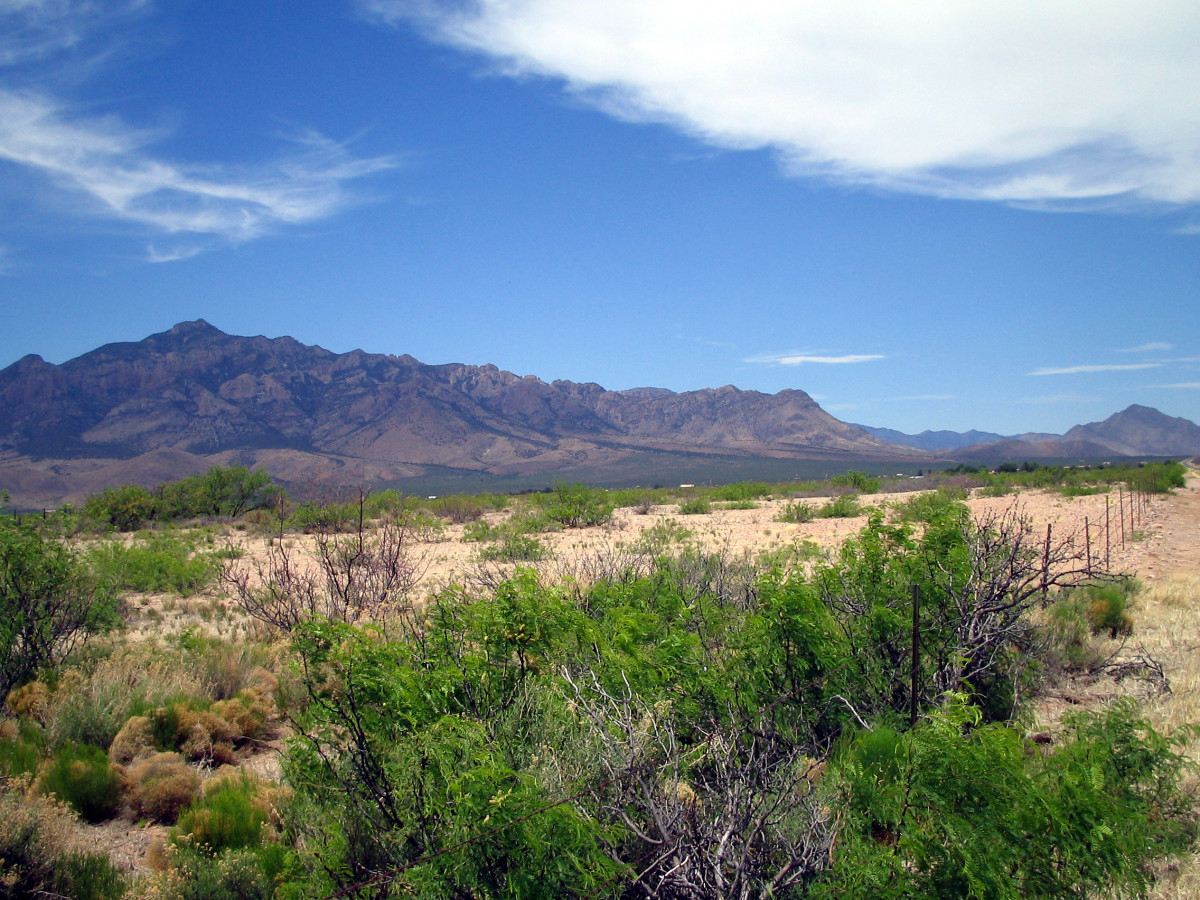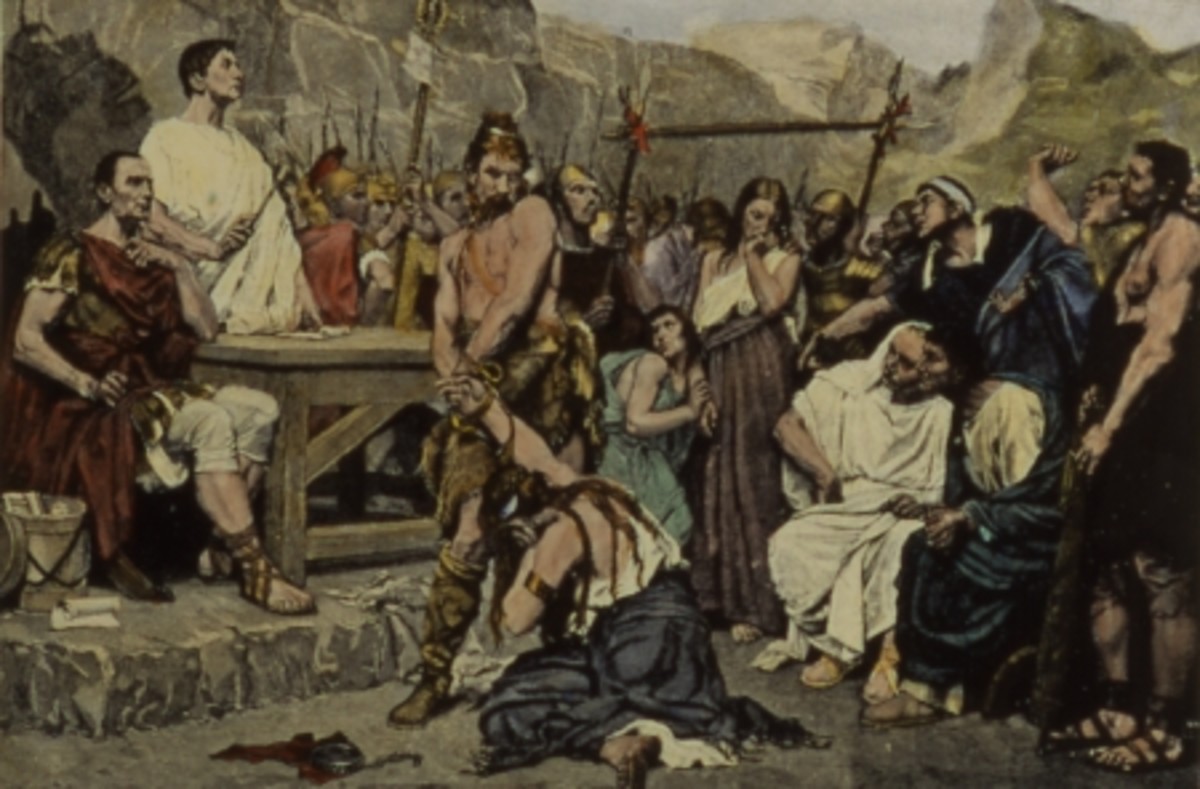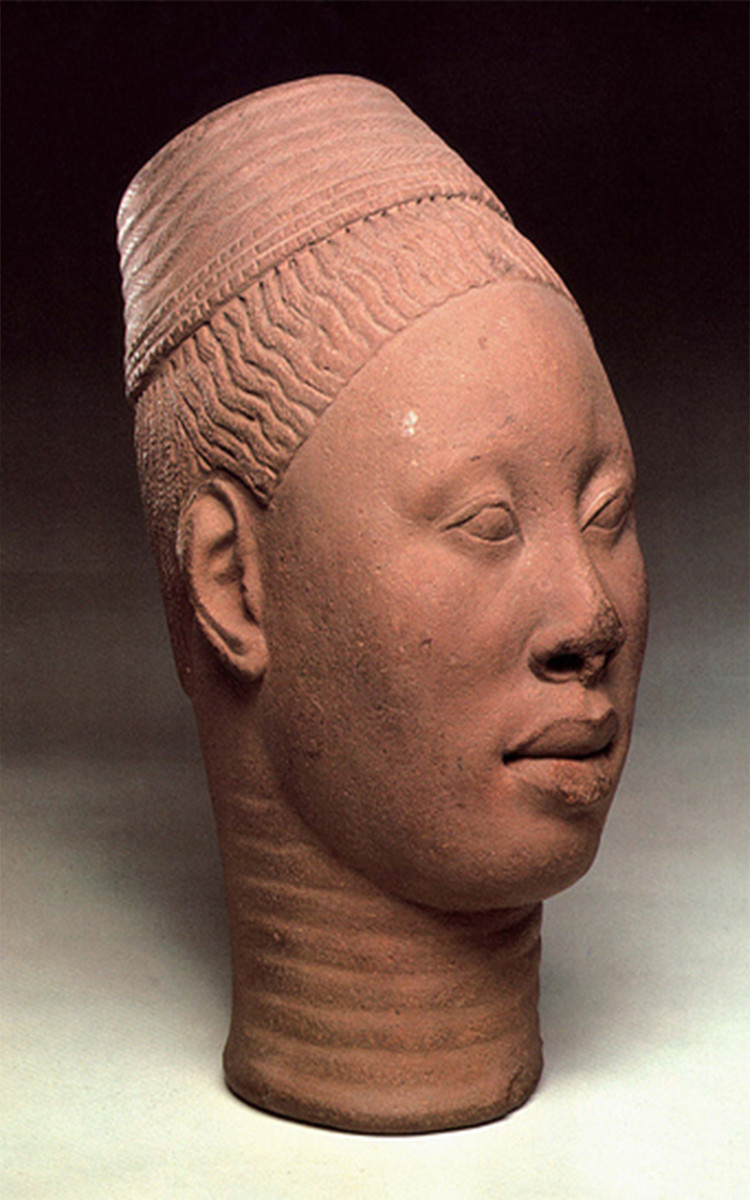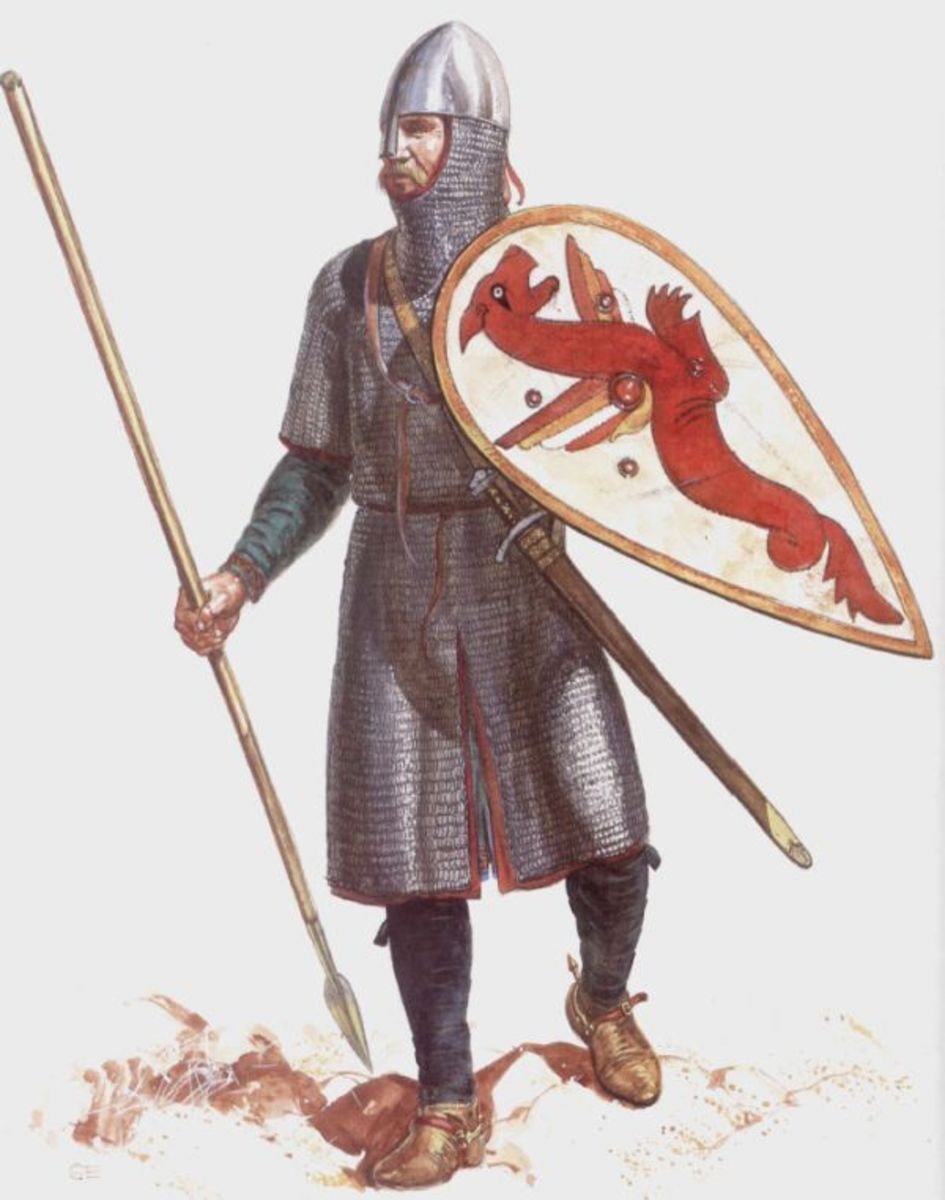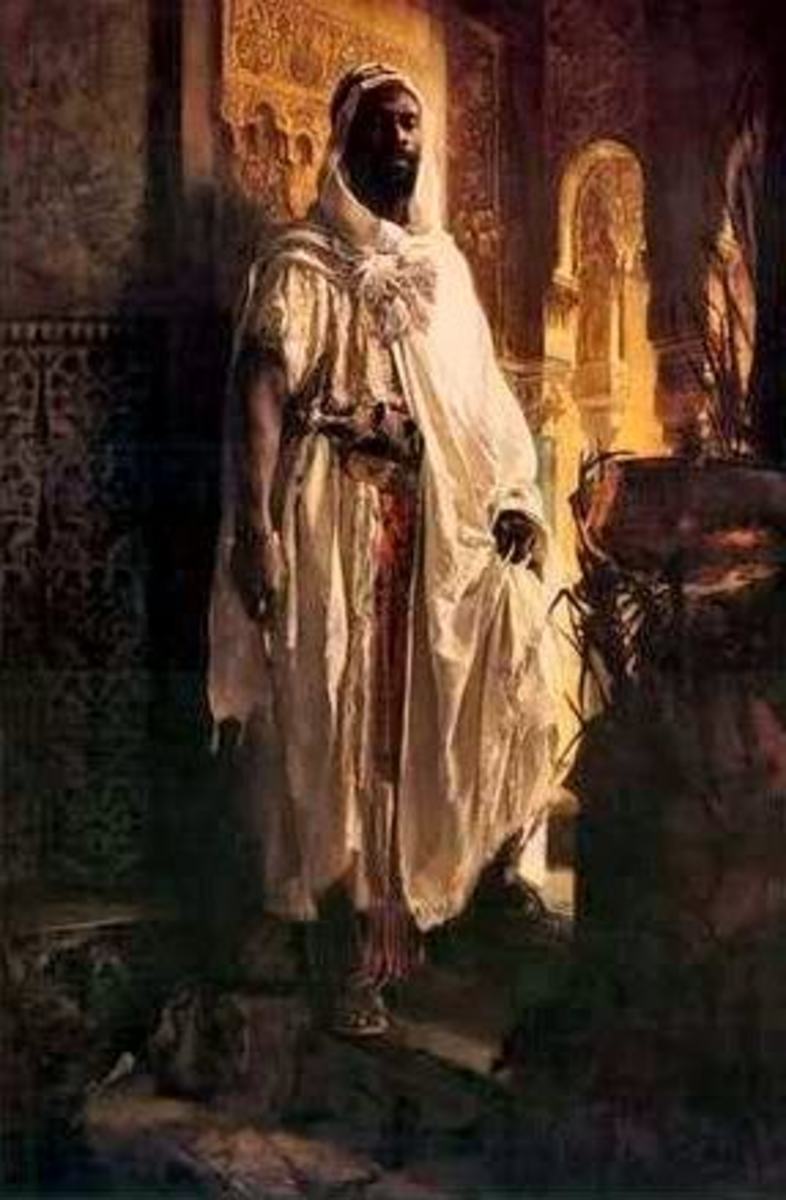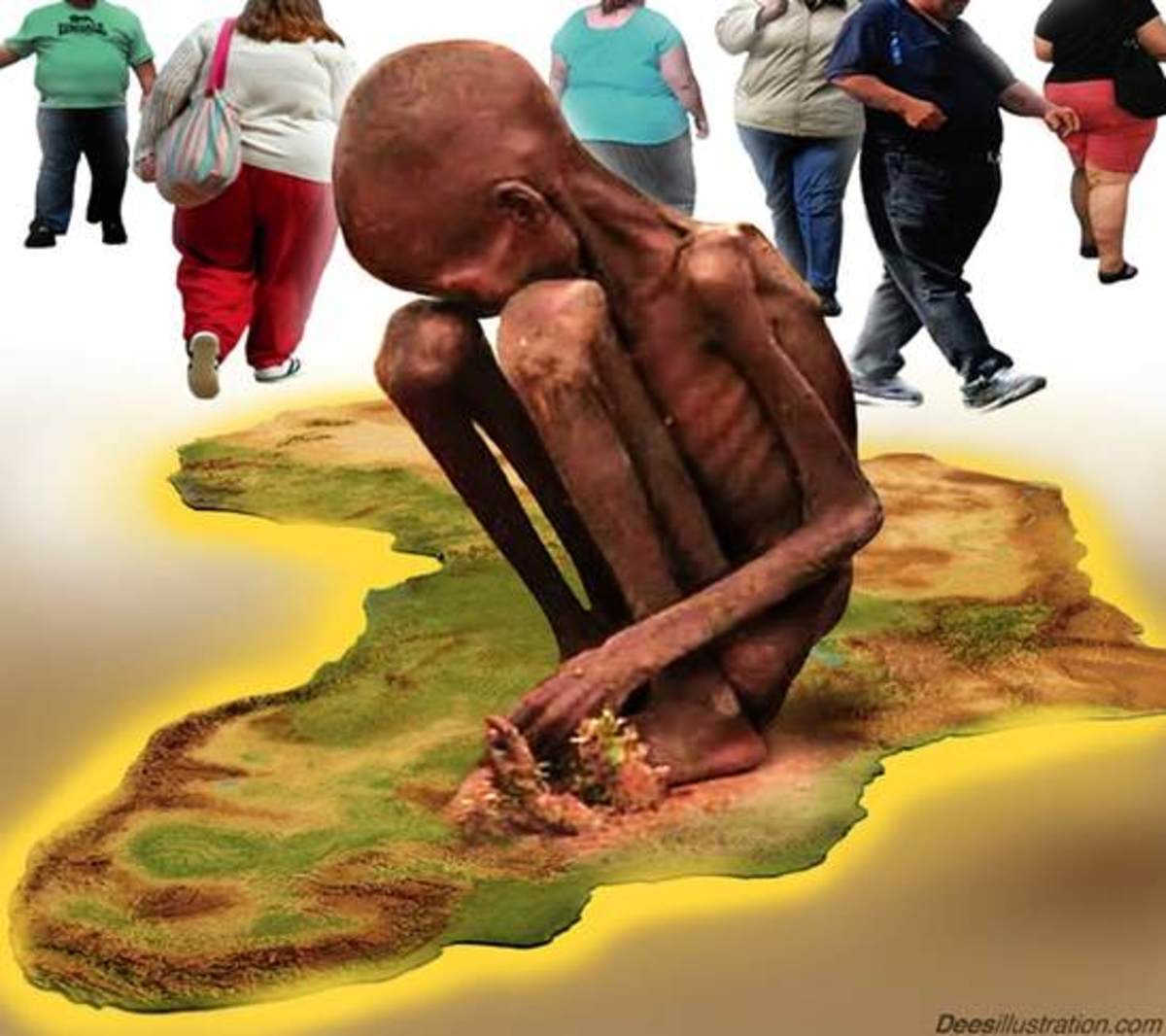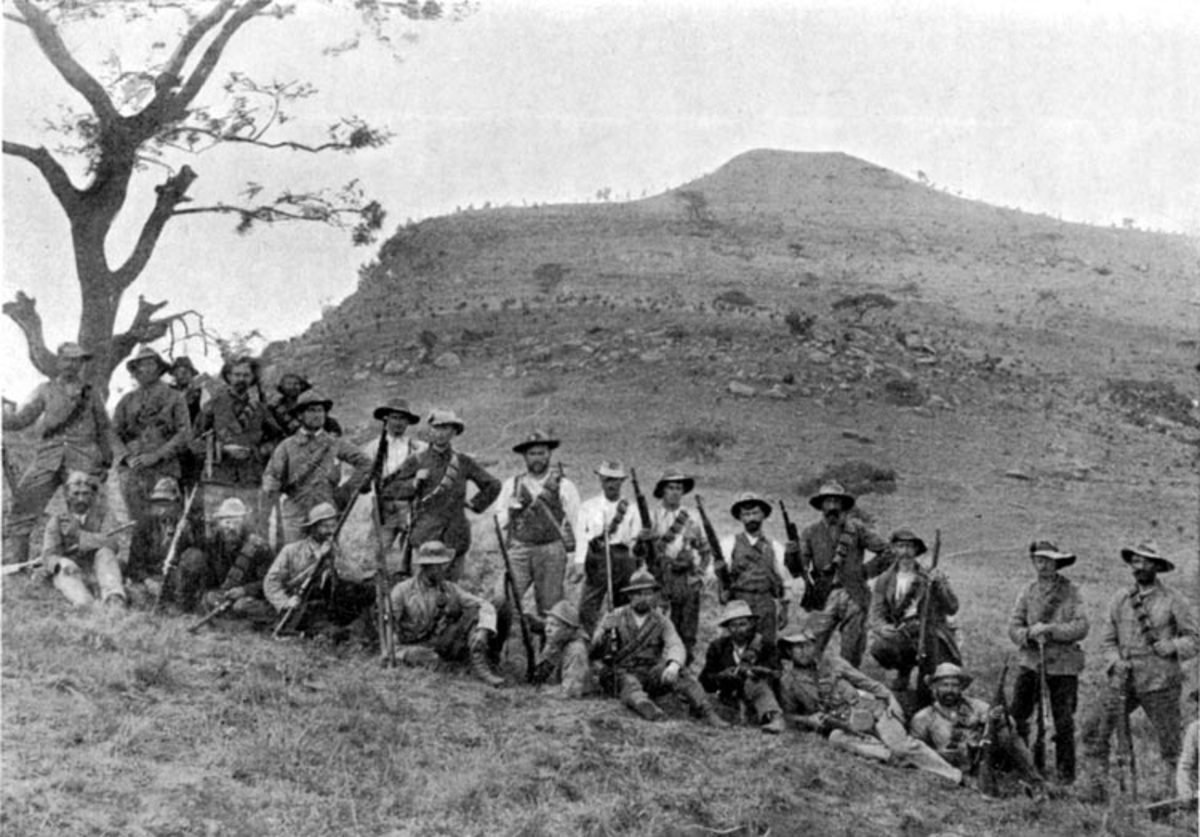King of Her People: Nzingha
Queen Nzingha Seated on a Slave
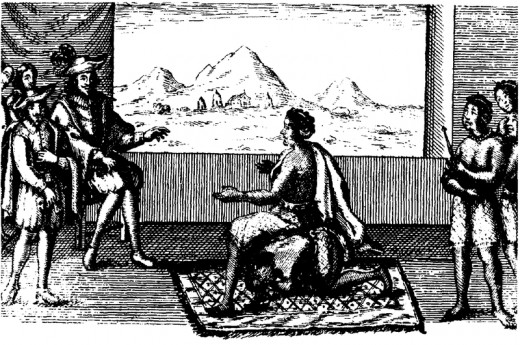
Cross-Dressing Warrior
Born about 1580, Nzingha (also commonly known as Jinga) was the daughter of the powerful King Kiluanji of the Ndongo people in West Africa. Nzingha, so named because when she was born her umbilical cord was twisted around her neck (from the word kujinga, which means “to twist or turn”) was predicted by a wise woman to become a great queen someday. Though she had a brother named Mbandi, Nzingha was her father’s favorite, and he regularly had her observe the ways he ruled the Ndongo, how he handled negotiations and treaties, and often had her accompany him to war. Through her father Nzingha learned to become a brilliant speaker, warrior and strategist, but beyond that, not much is known of Nzingha’s early life. Eventually her brother became king, and Nzingha and her two sisters Kifunji and Mukumbu were largely left out of governing their country.
Until Mbandi screwed up.
Further to the north, various European countries had mastered the art of constructing ships and sailing, and were soon traversing the globe in search of new lands to conquer, goods to trade—and slaves to take. The Portuguese discovered Ndongo sometime in the 16th century, renamed it Angola (after a mistaking the Ndongo word ngola, or “king” for the country’s name), and promptly set up colonies with the sole purpose of capturing native Africans and exporting them as slaves. The Ndongo themselves practiced slavery, but it was through the taking of war captives, and they resented that these bizarre white skinned men were grabbing people without reason. King Mbandi tried to retaliate by attacking the Portuguese, but in short order he himself was captured and exiled off the coast of Ndongo.
Seeing that her brother wasn’t going to escape, Nzingha put together a retinue of councilors and slaves and went to the Portuguese colony of Loanda (currently Luanda) to negotiate for his release in 1575. The Portuguese welcomed her and conducted Nzingha to a room where a number of chairs had been set up for the meeting. The Portuguese all sat down in the chairs—deliberately not leaving Nzingha a seat. Immediately seeing this as a deliberate insult, Nzingha calmly ordered one of her slaves to kneel down on all fours, and then sat down on her back. For two hours Nzingha calmly conducted negotiations seated upon the slave, unnerving the Portuguese so much that they at last agreed to free the king. An account states that once the negotiations were concluded, Nzingha had the slave executed. A horrified Portuguese official asked why she had done such a thing, and one of her councilors calmly replied, “Her Highness never uses the same chair twice.”
As part of the treaty agreement to free Mbandi and aide Ndongo against their enemies, Nzingha and her two sisters agreed to be baptized as Christians. Nzingha became Dona Ana de Sousa, while her sister Mukambu became Dona Egracia and Kifunji became Dona Barbara. The Portuguese were elated, but the three sisters couldn’t care less; it was just diplomacy for them.
King Mbandi was freed, but he did not remain king for long; sometime in 1624 he was dead, and Nzingha took the throne at the age of forty-two. Some claim that Mbandi was so ashamed that he had been captured that he committed suicide, while others say that he had killed Nzingha’s son (why isn’t certain), and Nzingha poisoned him in revenge and then murdered his son. It’s possible that Nzingha realized that Mbandi was ineffectual as a leader and killed him and his son in order to take over, but we may never know for certain. Either way, the Portuguese chose to believe that Nzingha had assassinated her brother and usurped the throne. They refused to recognize her as the rightful ruler of Ndongo. Their treaty was off, and the Portuguese declared war.
Nzingha worked quickly to establish herself as ruler of the Ndongo. She began dressing as a man, wearing animal skins and a variety of weapons and demanded that everyone refer to her as “King” Nzingha, instead of queen. She built up her army, adding warrior women to bolster the numbers. She added women to high positions within her government and promoted her sisters to a higher status. Nzingha kept a regiment of about fifty to sixty young men as her personal bodyguards, making her favorites dress in women’s clothes. She kept a huge harem of men, and allowed them to keep wives—provided the men continued to wear women’s clothes—and any man that annoyed her vanished. She fought in wars with her soldiers, rallying them by banging on two iron bells, and sought to gain a blessing of victory from the gods through human sacrifice . According to a witness, “When she thinks she has made a show long enough, in a masculine manner, then she takes a broad feather and flicks it through the holes of her Bored Nose for a Sign of War.”
Nzinga Mbandi Queen of Ndongo and Matamba
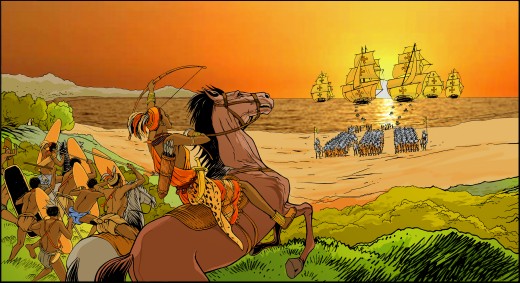
Nzingha immediately declared war on the Portuguese, instructing her warriors to be captured by the invaders, and then to overpower them and steal their weapons to arm her army. She won a victory over the Portuguese in 1644, but wasn’t able to replicate that success and was forced out of her capital. Fleeing to a neighboring tribe, Nzingha made an alliance with them, and they helped close off the trade routes for the Portuguese, forcing them to travel further inland and making it easy to ambush them where they didn’t have backup or supplies. Soon after that, Nzingha conquered the Jaga tribe in Matamba and adopted their tradition of cannibalism. Once that alliance was established, Nzingha then appealed to the Dutch slave traders who were also in Angola, and the Dutch, longtime rivals of the Portuguese, readily agreed to help, supplying weapons and reinforcements and capturing Loanda. One Dutch mercenary even became chief of her bodyguards.
It wasn’t long before the Portuguese rallied and retook Loanda in 1648, driving Nzingha back to her stronghold in Matamba. When Nzingha’s sister Mukumbu was captured in 1649, Nzingha immediately paid a ransom of 130 slaves for her release. This made the Portuguese a little suspicious; they had been holding her other sister Kifunji in captivity for many years now … why hadn’t Nzingha tried to free her yet? They looked at the documents Mukumbu had with her when she had been captured, and realized that the entire time they had Kifunji imprisoned, she had been spying on them and somehow passing the information along to Nzingha.
Enraged that they hadn’t caught this sooner, the Portuguese responded swiftly in 1647; placing the chained princess on a boat, they rowed her out to the middle of the Kwanza River, and then threw her overboard, leaving her to drown.
By this time Nzingha was in her sixties and had been fighting for well over twenty years, during which time she had either fought or argued the Portuguese to a standstill. Ready to end the fighting for good, Nzingha called for a treaty, working it so that she was recognized as the leader of the Ndongo and Matamba and still retained her power. In exchange, Nzingha agreed to work with the Portuguese on their slave trade, renounced cannibalism and human sacrifices and admitted Christian missionaries into her land.
Having ruled for forty years, Nzingha finally passed away at the age of 82, and was buried clutching a handful of arrows. No one as strong as Nzingha ever rose to take her place, and Angola was quickly ravaged by slave traders.
After Angola gained its independence from Portugal in 1975, a street was immediately named after her, and a statue was erected in Kinaxixi.
Nzingha works referenced:
Women Warriors, David E. Jones 2000
Warrior Women, Robin Cross & Rosalind Miles 2011
Hell Hath No Fury, Rosalind Miles and Robin Cross 2008
The Usborne Book of Famous Women, Phillippa Wingate et al 1997
Lives of Extraordinary Women, Kathleen Kull et al 2000
Nzingha of Ndongo and Matamba http://en.wikipedia.org/wiki/Nzinga_of_Ndongo_and_Matamba
Statue of Nzingha
![By Erik Cleves Kristensen (Queen Njinga Mbande) [CC-BY-2.0 (http://creativecommons.org/licenses/by/2.0)], via Wikimedia Commons By Erik Cleves Kristensen (Queen Njinga Mbande) [CC-BY-2.0 (http://creativecommons.org/licenses/by/2.0)], via Wikimedia Commons](https://usercontent2.hubstatic.com/8836169.jpg)

